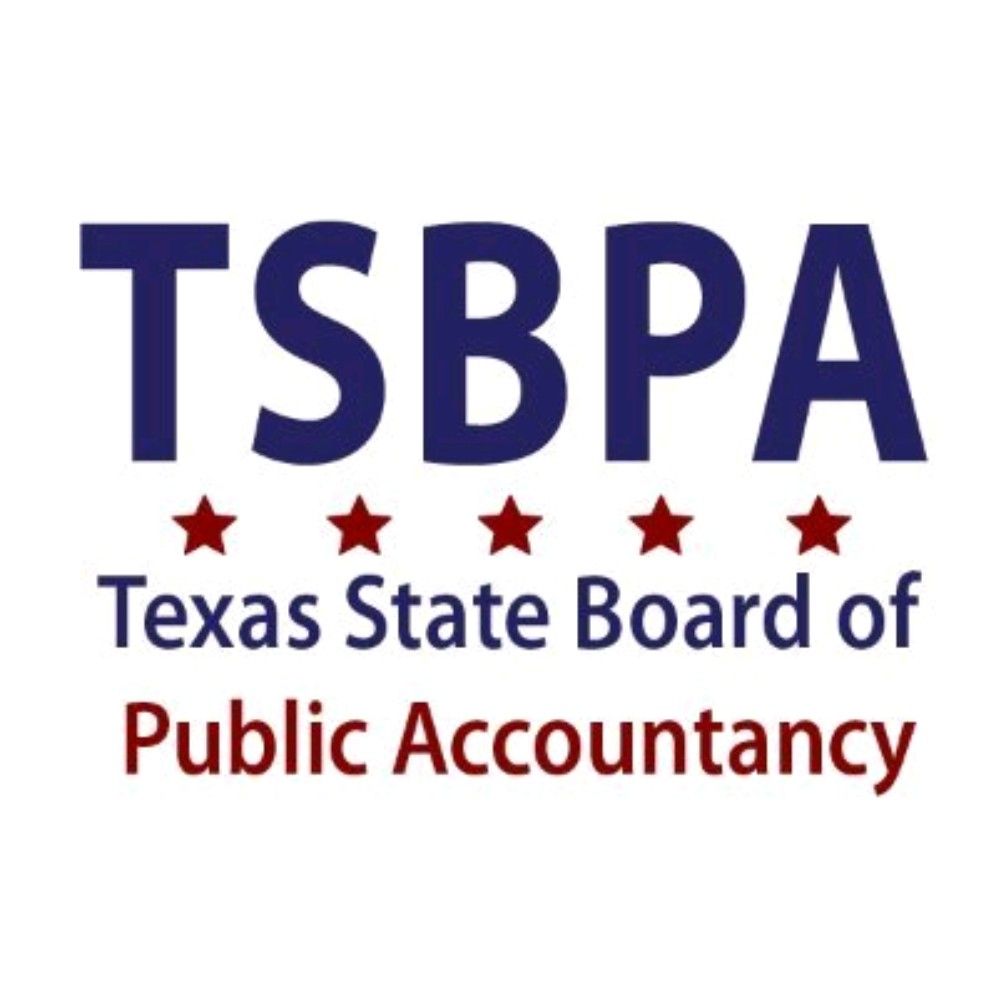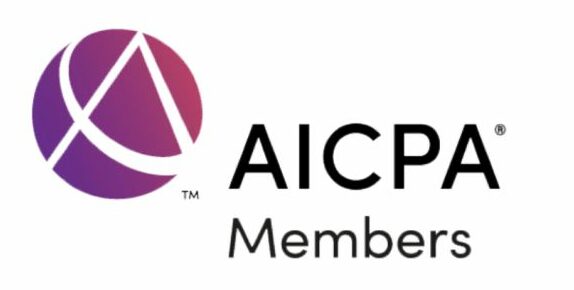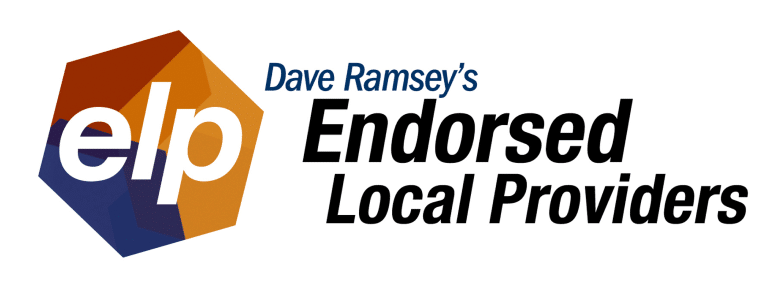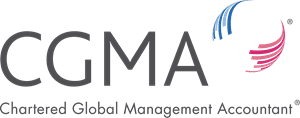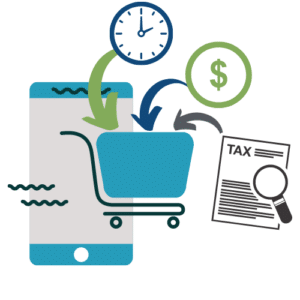Explore Insogna CPA's awards!
Here, we proudly showcase the accolades and honors bestowed upon us by esteemed organizations and industry leaders. From recognition for our exceptional client service to awards highlighting our innovative solutions, each accolade symbolizes our commitment to excellence and client satisfaction.

Insogna CPA Ranks for 4th Consecutive Year
The companies on this list show a remarkable growth rate across all industries in the Southwest region. Between 2020 and 2022, these 162 private companies had an average growth rate of 135.43 percent; by 2023, they’d also added 17,606 jobs and $14.5 billion to the region’s economy.
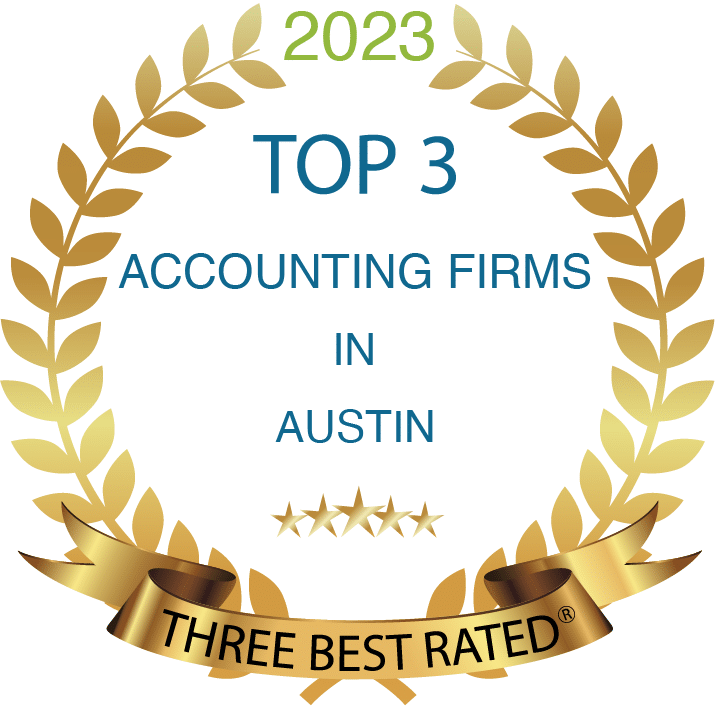
Awarded Top 3 Accounting Firms in Austin, Texas
Insogna CPA has been handpicked as a Top-3 Accounting Firm in Austin, Texas, again. That’s the fourth year in a row!
Facing a rigorous 50-Point Inspection, which includes customer reviews, history, complaints, ratings, satisfaction, trust, cost, and general excellence. You deserve only the best.

Hubdoc Top 50 Awardee
They stated, “Insogna CPA leverages an advanced accounting technology stack to help their clients achieve their goals: “With our tech stack of 20 different technologies, we’re able to provide updated financial and reporting information quicker so business owners can act on that information and make real-time decisions,” explains Chase.

Top 18 Best Accountants in Austin for 2021
In October, Insogna CPA was notified of its inclusion in the Expertise.com Best Accountants in Austin list. Out of over 170 accountants ranked for this award, Insogna CPA was nominated via customer referral and was then ranked #18.
Our Expert Software Partners
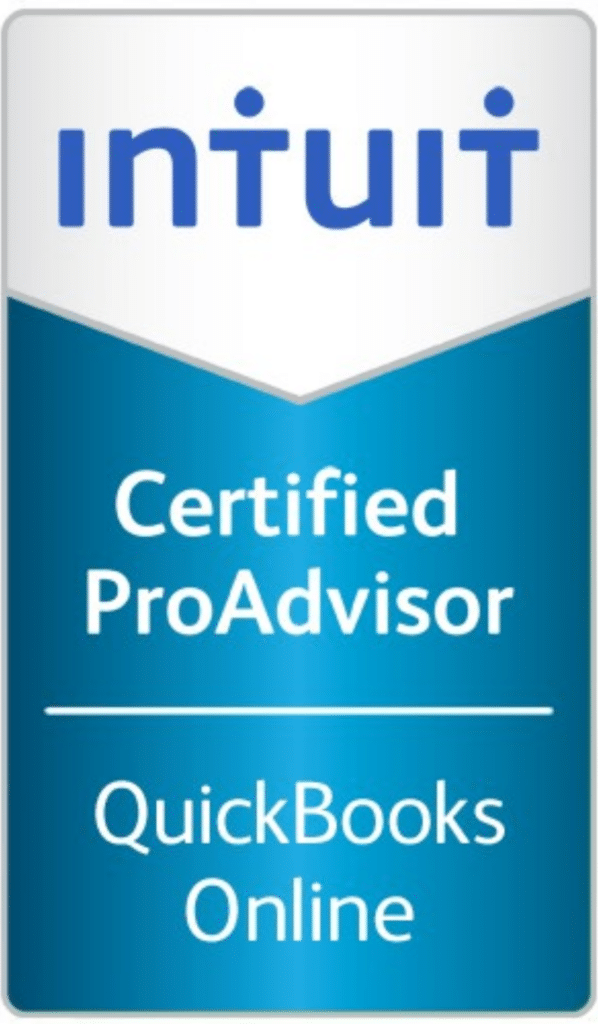
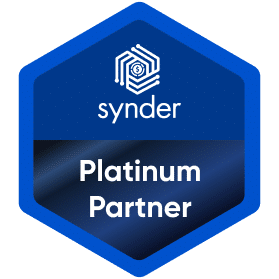
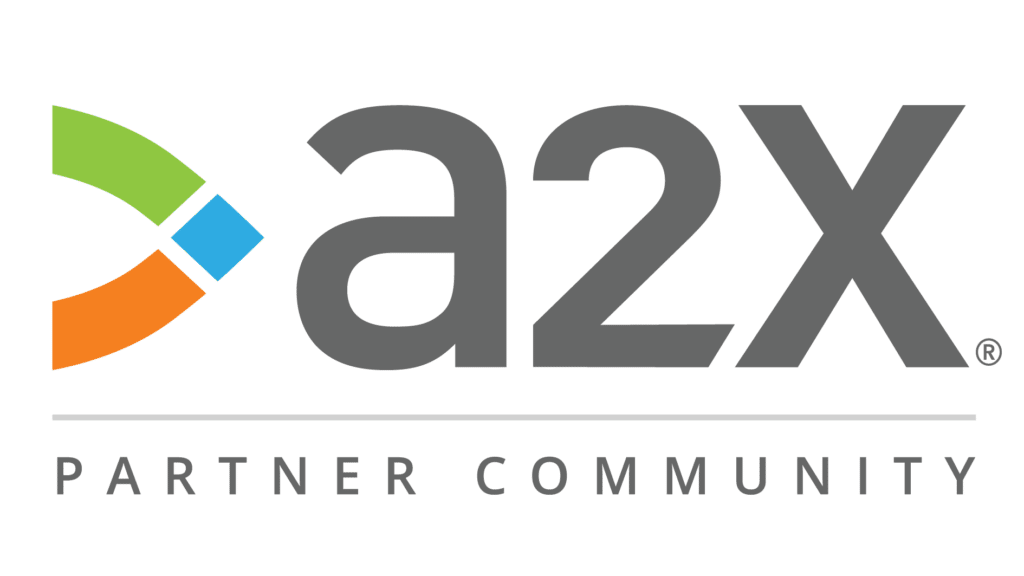
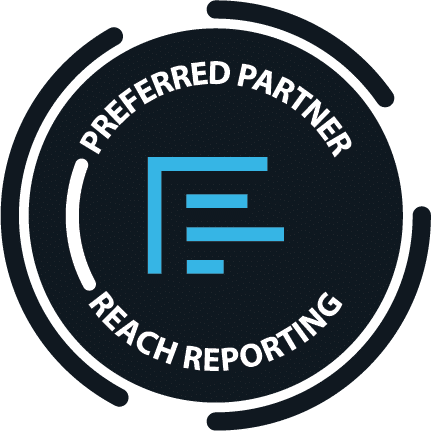
Certifications and Licenses
